
Article
The Value of Dyslexia
Dyslexic Capability and Organisations of the Future
Made by Dyslexia,
2018
Recommendation
Neurodiversity initiatives have proven their value at leading organizations such as SAP, HPE and Microsoft. In an insightful white paper, EY senior strategy consultant Ben Cooke outlines the case for hiring individuals with dyslexia – an increasingly smart strategy as the workplace shifts to favor the strengths these employees offer. EY produced the paper in association with Made By Dyslexia, a nonprofit organization helping the world understand, value and support dyslexia.
Summary
About the Author
Ben Cooke is senior consultant for strategy at EY-Parthenon.






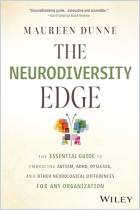
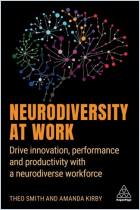
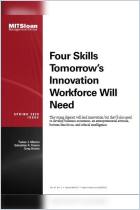
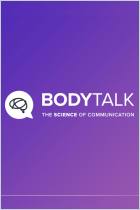
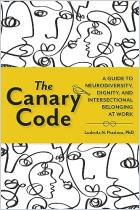






Comment on this summary